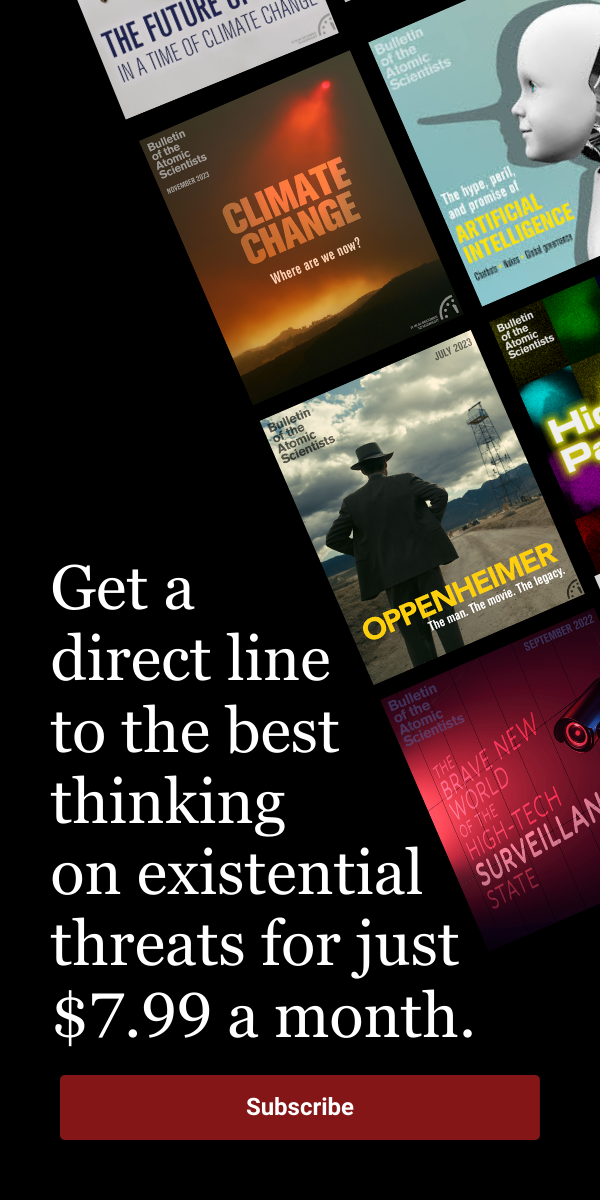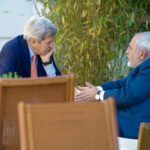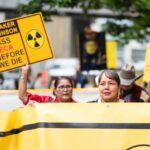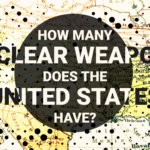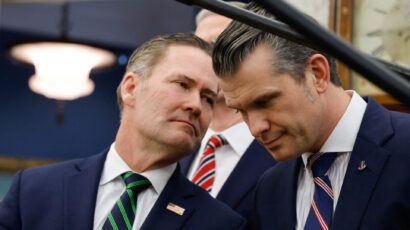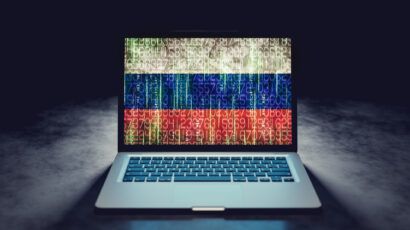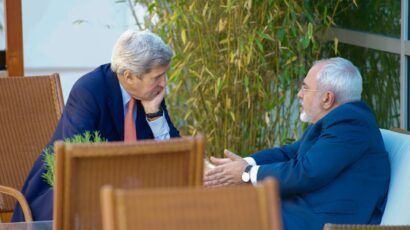When meetings aren’t enough
By Fissile Materials Working Group | August 8, 2013
In a wide-ranging speech delivered in June at Berlin’s Brandenburg Gate, US President Barack Obama said that "complacency is not the character of great nations." In the same speech, he announced that the United States will again host the Nuclear Security Summit in Washington in 2016.
While this is welcome news, treating the summits themselves as an end goal would amount to falling into the very complacency Obama warned against. Facing the threat of nuclear terrorism requires more than just talk among leaders.
Year after year, nuclear terrorism remains the number one national security threat to the United States and many other countries. And year after year, world leaders don't do nearly enough to ensure citizens’ safety against this potential catastrophe. Policymakers in Washington continue to slash budgets for securing loose nuclear materials. Other countries continue to produce them. Like both Republican and Democratic US presidents before him, Obama promised to protect America and its allies from nuclear terrorism. In April 2009, he pledged to "secure all vulnerable nuclear material around the world within four years." The deadline passed earlier this year and the goal has not been met.
The Fissile Materials Working Group (FMWG), a global coalition of nuclear terrorism experts, has worked to hold Obama and other world leaders to their promises. It has suggested solutions to the world's toughest nuclear security challenges, including recommendations to increase funding; accelerate the elimination of dangerous materials; and strengthen the global nuclear security regime through a framework convention that institutionalizes standards of performance and responsibility. One thing that makes the FMWG’s recommendations unique is that they are built from a consensus among the world’s top nuclear security experts, hailing from more than 35 countries.
However, those fighting to rid the world of dangerous fissile materials will only ever be successful if world leaders put their national budgets where their mouths are.
The next opportunity to show real leadership will be at the third Nuclear Security Summit in March 2014 in the Netherlands. There, more than 50 world leaders will gather to discuss ways they can collaborate to decrease the threat of nuclear terrorism. They could begin by adopting the FMWG’s policy recommendations. They could also agree to fully fund programs aimed at eliminating or locking down nuclear materials and preventing terrorists from acquiring them, such as the G8 Global Partnership, a multi-government coalition set up in 2002.
Finally, government leaders should more formally and frequently interact with non-governmental experts, whose independence from politics buttresses their ability to provide innovative, achievable solutions to nuclear security problems. The two Nuclear Security Summits that have already taken place—one in 2010 in Washington and one in 2012 in Seoul—have provided the opportunity for government officials to discuss progress and future efforts to secure vulnerable materials. On the sidelines of these summits, officials have consulted with the nuclear power industry. But while nongovernmental experts do shape the public and media debate on nuclear security, policymakers don’t necessarily include them in discussions.
Only when world leaders consult more closely with the expert community, adopt some of its realistic and achievable recommendations, and show leadership that includes a willingness to pay for more safety, will they stand a chance of making real, lasting progress to keep America safe.
Editor’s note: Alexandra Toma, founder of the Fissile Materials Working Group, wrote this column.
Together, we make the world safer.
The Bulletin elevates expert voices above the noise. But as an independent nonprofit organization, our operations depend on the support of readers like you. Help us continue to deliver quality journalism that holds leaders accountable. Your support of our work at any level is important. In return, we promise our coverage will be understandable, influential, vigilant, solution-oriented, and fair-minded. Together we can make a difference.
Topics: Columnists, Nuclear Weapons

